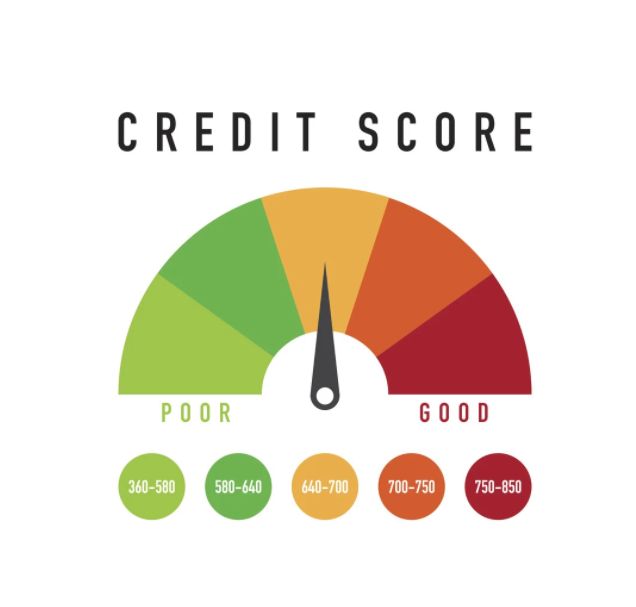This Nigerian fintech firm provides solution to bad debt for private and digital lenders in Nigeria

CreditChek, a firm in
Nigeria that performs credit assessments, reported raising $240,000 in a
pre-seed investment round. The company said that with the help of this money,
it will be able to realize its goal of building the most trustworthy credit
infrastructure in Africa within the next five years.
Aidi Ventures, Ham
Serunjogi of Chippercash, Olumide Ogunsanwo of Adamantium Fund, Damola
Adegboyega of Assembly Investors, Isaac Ewaleifoh of Launch Africa Ventures,
and Ogundiran Kayode all contributed to the fundraising, which was led by Atom
Capital.
CreditCheck co-founder
Kingsley Ibe stated that the business tested its MVP with a few companies and
made iterations before launching it in beta in April 2022. It signed up 30
firms while it was in beta, handled thousands of API requests, and eventually
exited beta in June 2021.
“After we launched the
first version in December 2021 and onboarded a few hundred users in the first
two weeks; we quickly realized, as with most consumer-focused startups, it
requires a high cost of acquisition and would require a lot more to retain the
users,” Ibe said.
The team has persisted
in sticking to the company's vision of promoting financial inclusion while
remaining adaptable to its goals. In the next five years, they want to be the
most trustworthy credit infrastructure in Africa, creating confidence between
lenders and borrowers, he continued. CreditCheck is happy to report that it has
secured $240,000 in pre-seed funding from Atom in support of that goal.
CreditChek develops
powerful identity, credit, and verification services using structured,
user-permitted data from a variety of sources. These services enable fintechs,
banks, microfinance organizations, retail businesses, and mobile money
operators to create better financial products for the underserved, according to
Nairametrics.
Ibe used statistics
from the National Bureau of Statistics to demonstrate the importance of
CreditCheck in the economy. The data showed that financial institutions lost
more than $4 billion in 2018 due to persistent loan defaulters. People in
Nigeria who borrow money from three to five lenders at once and then vanish
into thin air are a common occurrence. Lenders continue to be overburdened by
these types of bold tactics and an overall unwillingness of borrowers to repay
debts.
This is mostly due to
the fact that current "credit bureaus have a high barrier" to
entry, making them unavailable to the typical Nigerian entrepreneur. Based on
historic statistics on underbanked consumers, result show that the
majority of low-income consumers are not included in the official banking
system.
Ibe said that the
company changed its focus to creating the infrastructure for credit evaluation
for lending companies in Africa, a system that will let traditional and
digital business owners accurately determine the "creditworthiness of
potential customers."
Businesses in the
rising market in Africa and all over the world have been battling a common foe:
bad debt.
The difficulty
of debt recovery for many of these organizations is identification
verification and credit evaluation of their clients. According to 2018 data
from the Bureau of Statistics, debt recovery is a problem that has cost
the global loan service business a staggering $4 billion. According to
Kenya's TransUnion credit reference agency, an estimated 3.2 million people—or
6% of the country's population—have been banned for failing to repay digital
credit loans.


Be the first to comment!
You must login to comment